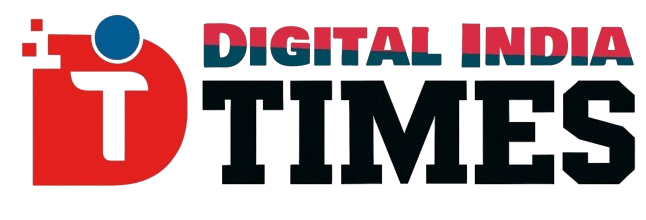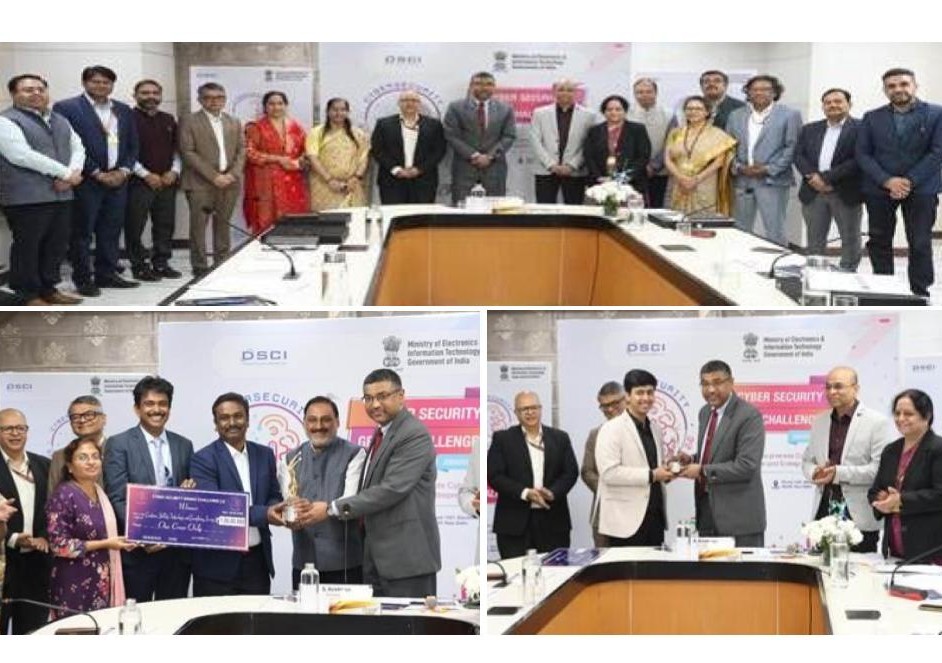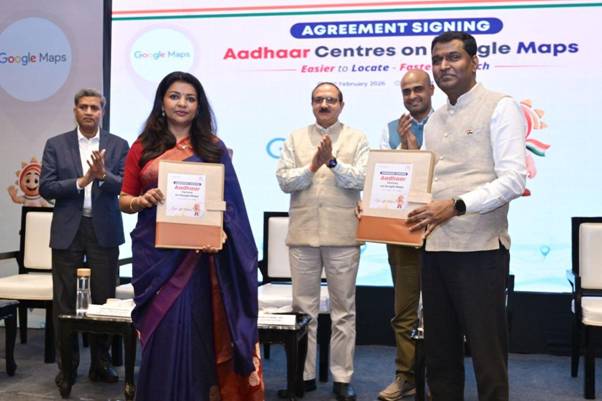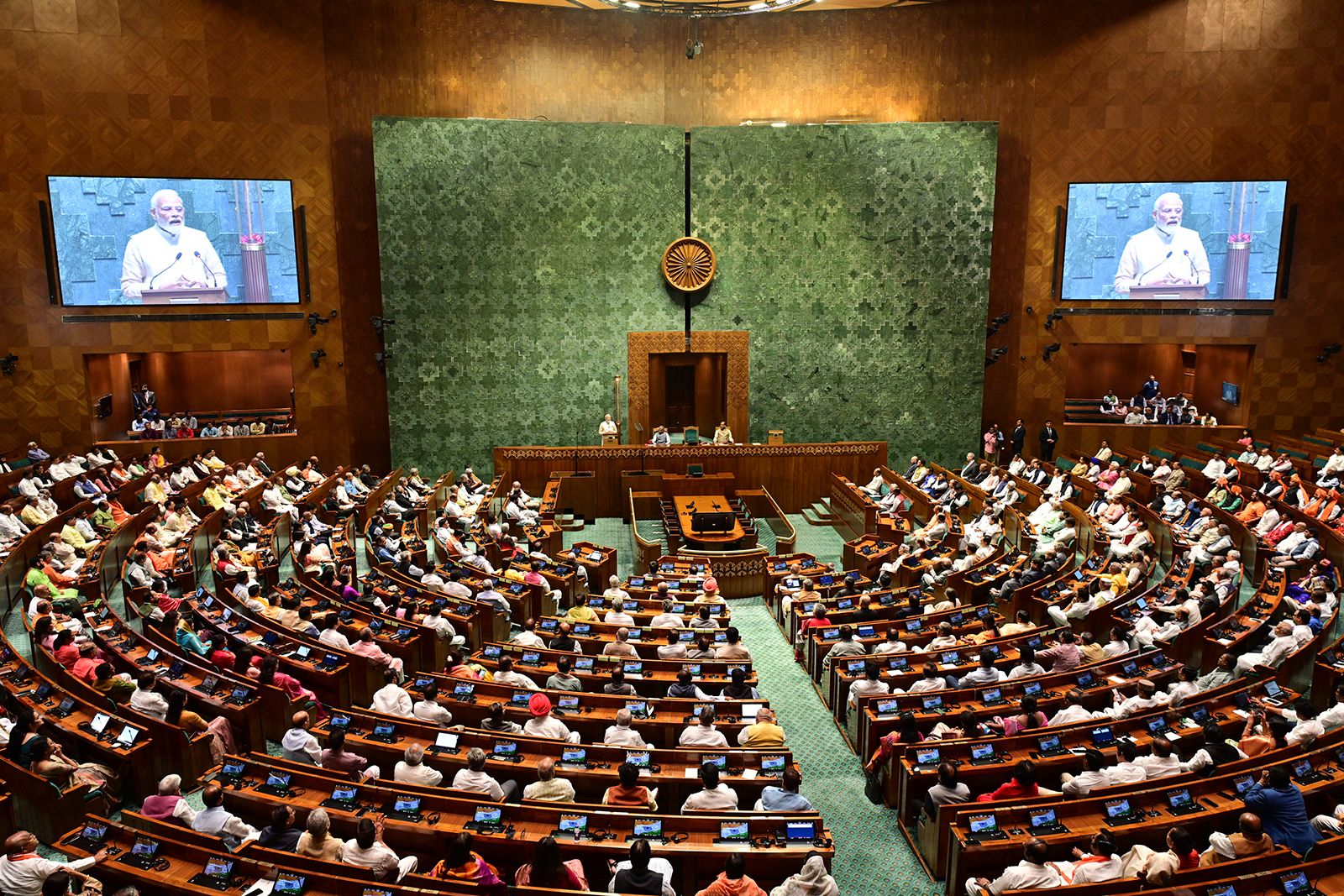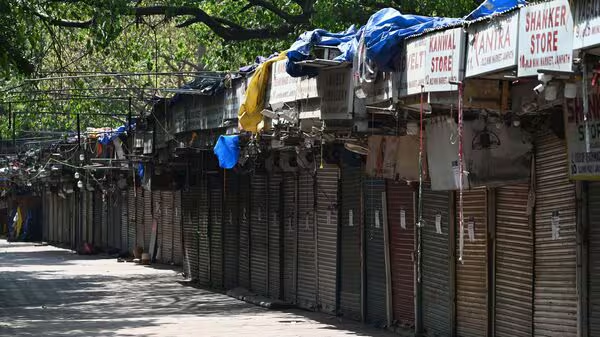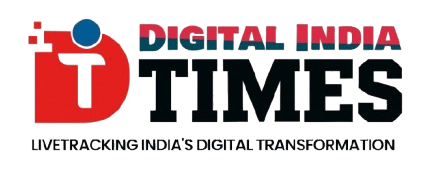Govt Scales Up Eco-Friendly Manure Management with Integrated Waste-to-Wealth Initiatives in Dairy Sector
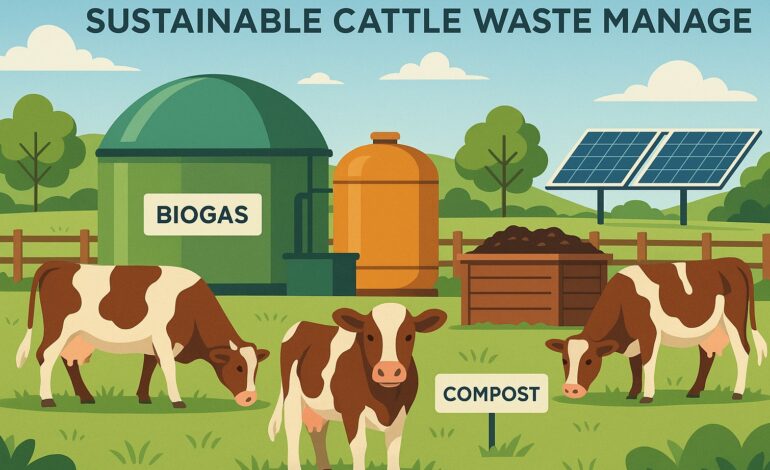
Symbolic of sustainable cattle waste management
Biogas, composting, and CBG production at the core of sustainable waste management; NDDB models being replicated nationwide
New Delhi, July 31: The Union Government is ramping up efforts to promote sustainable cattle waste management through a series of integrated policies and schemes that convert dairy and animal waste into renewable energy and organic manure. The initiatives aim to reduce environmental pollution, generate income for farmers, and support clean energy goals.
Responding to a question in the Rajya Sabha, Union Minister of State for Fisheries, Animal Husbandry and Dairying, Prof. SP Singh Baghel, said that the Central Pollution Control Board (CPCB) has issued comprehensive “Guidelines for Environmental Management of Dairy Farms and Gaushalas”. These cover disposal and utilization of dung, wastewater and air quality management, and location policies for urban and rural dairies.
Key Waste-to-Wealth Methods Being Promoted:
- Composting and Vermi-composting
- Biogas and Compressed Bio-Gas (CBG) production
- Manufacturing dung wood/dung cakes as fuel substitutes
Major Government-Supported Schemes Include:
- Animal Waste to Wealth Management (AHIDF):
Offers 3% interest subvention for setting up bio-CNG plants, cow dung/urine processing units, and other animal waste infrastructure. - GOBARdhan (Galvanizing Organic Bio-Agro Resources Dhan):
An inter-ministerial umbrella initiative promoting biogas/CBG production from cattle dung and agri-residues across India. - SATAT (Sustainable Alternative Towards Affordable Transportation):
Led by the Ministry of Petroleum and Natural Gas, this initiative promotes biofuel use, especially CBG, under the National Policy on Biofuels, 2018. - MNRE’s Biogas Programme:
Implemented under the National Bioenergy Programme (2021–26) to expand grassroots access to clean, renewable energy.
NDDB’s Scalable Manure Management Models:
The National Dairy Development Board (NDDB) has developed successful, replicable manure management models, including:
- Zakariyapura Model: Decentralized household biogas units
- Varanasi Model: Centralized biogas plant for captive use in a dairy plant
- Banas Model: Large-scale CBG production from manure
These models ensure an end-to-end manure value chain, transforming bio-slurry into organic fertilizers, creating environmental and economic value for dairy farmers.
NDDB has signed MoUs with 25 dairy cooperatives across 15 states to replicate these models. A dedicated financing scheme has also been launched, linking the viability of biogas and CBG plants to carbon credit monetization, thus offering performance-based incentives to participating cooperatives and farmers.
These initiatives reflect a whole-of-government approach to promoting a circular economy in India’s dairy sector while aligning with broader goals of sustainability, clean energy, and climate resilience.
